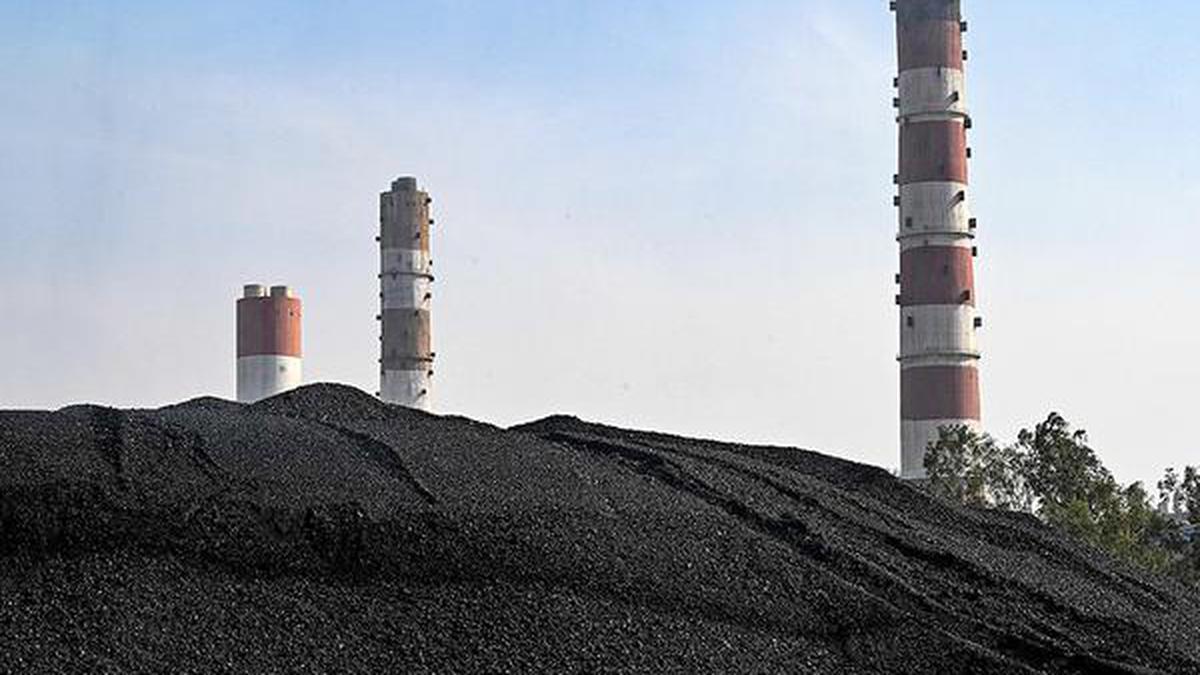
Banks that funded coal plants need an escape plan | Data
The Hindu
Most loans to coal-fired plants were given by public sector banks of corporations
The Data Point published on November 29 showed how India is progressing — albeit slowly — towards cleaner energy sources to generate power. While clean energy in the electricity mix has increased to about 23%, over 55% of India’s current energy needs are still being met by coal. The acceleration of this transition towards greener energy is essential to keep the global temperature increase below 1.5°C.
Nonetheless, with the tightening of climate policies, a large portion of assets reliant on coal may diminish in value, leading to ‘stranded’ assets. Stranded assets are investments that face the risk of losing value and turning into liabilities. This risk arises due to unforeseen shifts in market conditions, changes in regulations, alterations in consumer preferences, and technological advancements. This situation could impact banks and financial institutions that have both direct and indirect ties to the fossil fuel sector. While climate emergency does take priority, a plan to save the banks — which are exposed to the sector — should also be formulated to reduce impact, a paper published as part of the Reserve Bank of India’s November 2023 bulletin argues.
In India, particularly, where the average age of coal plants is only 13 years, the financial risk associated with decommissioning these plants is considerably greater than it is in many other countries, the paper argues. More importantly, public sector banks and non-banking financial institutions (NBFC) carry most of the risk. Also, among NBFCs, the Power Finance Corporation and Rural Electrification Corporation, which operate under the Ministry of Power, bear 90% of the loan burden. Only 4% of the financing for coal-fired thermal power plants in India came from private banks (Chart 1).
Chart 1| The chart shows the distribution of loans totaling ₹7.12 lakh crore, which were provided to 140 thermal power plants, until December 2022.
Chart appears incomplete? Click to remove AMP mode
While loans were given liberally to coal plants before, that is no longer the case now. Financiers have been increasingly reluctant to fund coal power projects, says the RBI study. In 2021, no new coal power projects were financed, except for the 1.32 GW Buxar thermal power plant in Bihar which received loans from banks such as the State Bank of India and Canara Bank. Banks are moving away from financing coal plants and increasingly funding companies which work in the area of renewable energy.
Click to subscribe to our Data newsletter













